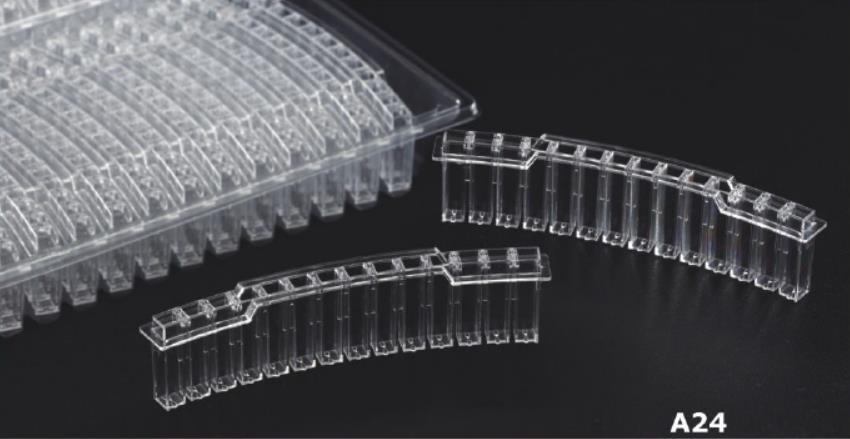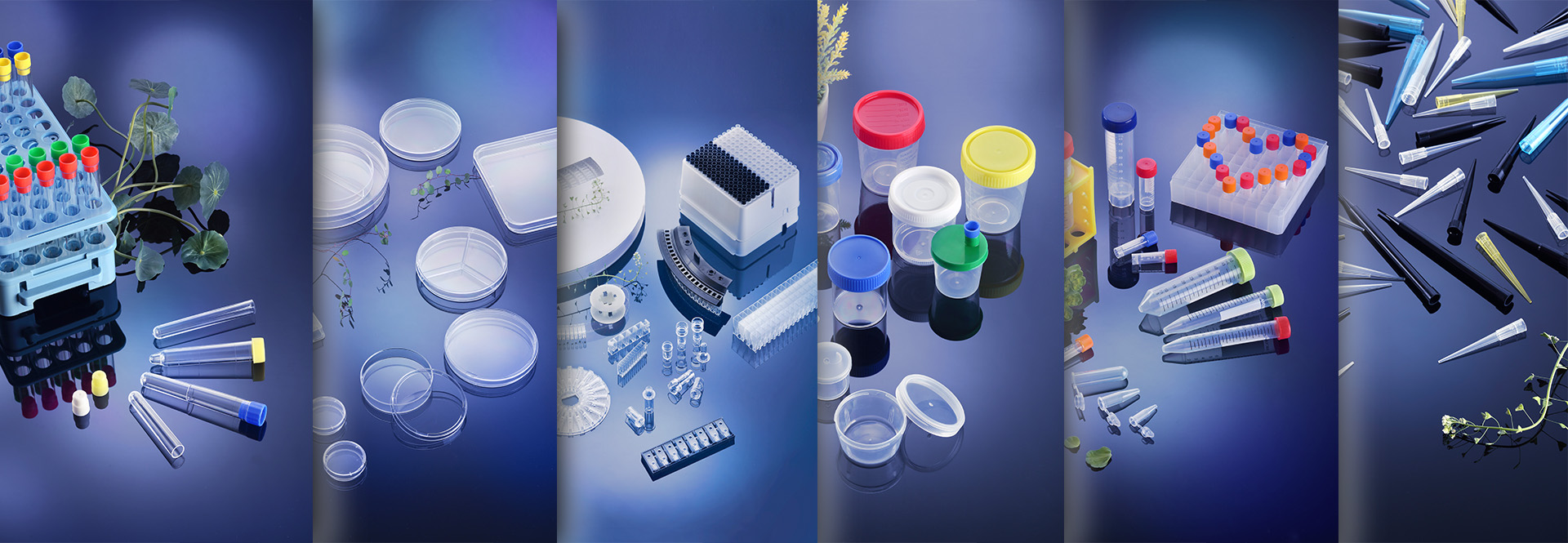Biochemical analyzers are vital tools in laboratory testing, providing automated and accurate analysis for a variety of clinical chemistry tests. This article serves as a comprehensive guide, explaining the step-by-step process of using a biochemical analyzer. From sample preparation to result interpretation, we explore the significance of biochemical analyzers in medical diagnostics and provide helpful tips for successful laboratory testing.

Item No | Description | Packing Info. | Qty./Case(pc) | Case Size(cm) |
A24 | Cuvettes match with MOL-200 Biochemical Analyzer |
Biochemical analyzers play a crucial role in laboratory testing, providing fast and precise analysis of various clinical chemistry parameters. Proper usage of a biochemical analyzer is key to obtaining accurate results and ensuring efficient laboratory testing. This comprehensive guide will walk you through the step-by-step process of using a biochemical analyzer, from sample preparation to result interpretation.
Sample Preparation: Begin by collecting the required sample, such as blood or urine, following proper sample collection techniques. Ensure that the sample is properly labeled and stored according to the analyzer's requirements. Some analyzers may require additional preparation steps, such as centrifugation or dilution, so carefully follow the manufacturer's instructions.
Calibration and Quality Control: Before running the samples, it is crucial to perform calibration and quality control procedures. Calibration adjusts the biochemical analyzer to ensure accurate measurements, while quality control checks the accuracy and precision of the instrument. Follow the provided calibration and quality control protocols to maintain the analyzer's reliability.
Loading the Sample: Once the calibration and quality control steps are complete, load the prepared sample into the biochemical analyzer. Follow the specific instructions for sample loading to ensure proper positioning and avoid contamination.
Running the Analysis: The biochemical analyzer will automate the analysis process, performing various tests on the sample. These tests often include measurements of different analytes, such as glucose, cholesterol, liver enzymes, or electrolytes. The analyzer will follow a predefined testing panel or allow customization based on the desired parameters.
Result Interpretation: After the analysis is complete, the biochemical analyzer will provide the results for each tested parameter. Interpret the results by comparing them to the reference ranges specific to the tests performed. Evaluate the results based on the intended purpose of the analysis and consult relevant guidelines or medical professionals as necessary.
Maintenance and Quality Assurance: Regular maintenance of the biochemical analyzer is essential to ensure its accuracy and reliability. Follow the recommended maintenance procedures, such as cleaning, calibration checks, and routine preventive maintenance, as outlined by the manufacturer. Additionally, participate in external quality assurance programs to validate the accuracy of your analyzer's results.
By following these steps, you can confidently use a biochemical analyzer for accurate laboratory testing. These sophisticated instruments streamline the analysis process, maximize efficiency, and contribute to reliable medical diagnostics. Always adhere to safety protocols, calibration requirements, and quality control procedures to ensure the validity and accuracy of the results.
In conclusion, biochemical analyzers are valuable tools in laboratory testing, enabling efficient and accurate analysis of clinical chemistry parameters. Proper usage of biochemical analyzers, including sample preparation, calibration, and result interpretation, ensures reliable results in medical diagnostics. By following the provided guidelines and manufacturer instructions, laboratory professionals can optimize the functionality of biochemical analyzers and contribute to improved patient care through accurate and timely test results.

Contact: Neo
Phone: 008615867460640
E-mail: Info@Hwtai.com
Whatsapp:008615867460640
Add: Building 2, Xinmao Qilu Science Technology Industrial Park, Tianqiao District, Jinan City, Shandong Province,China.
We chat
